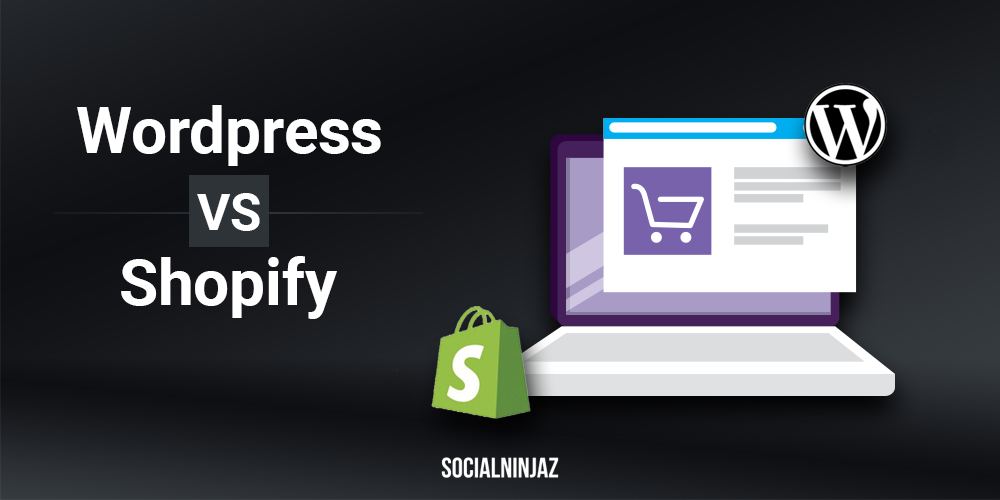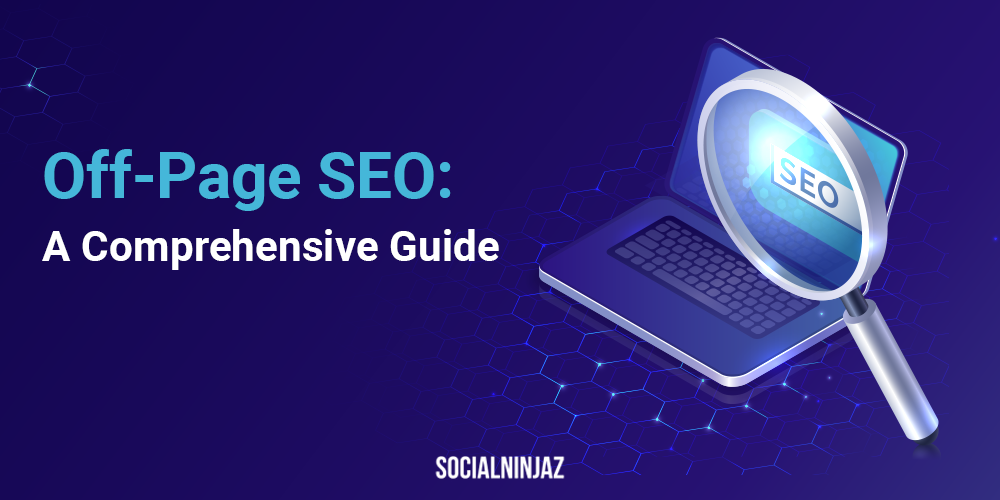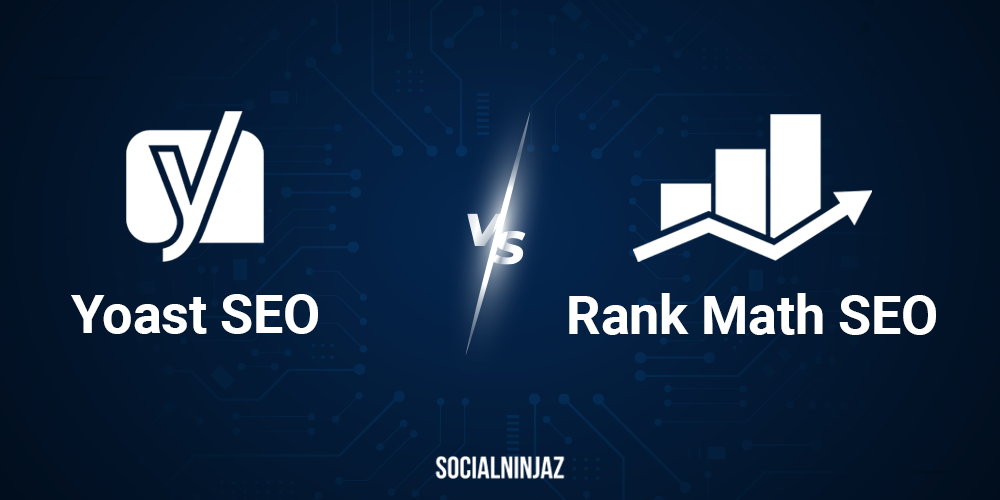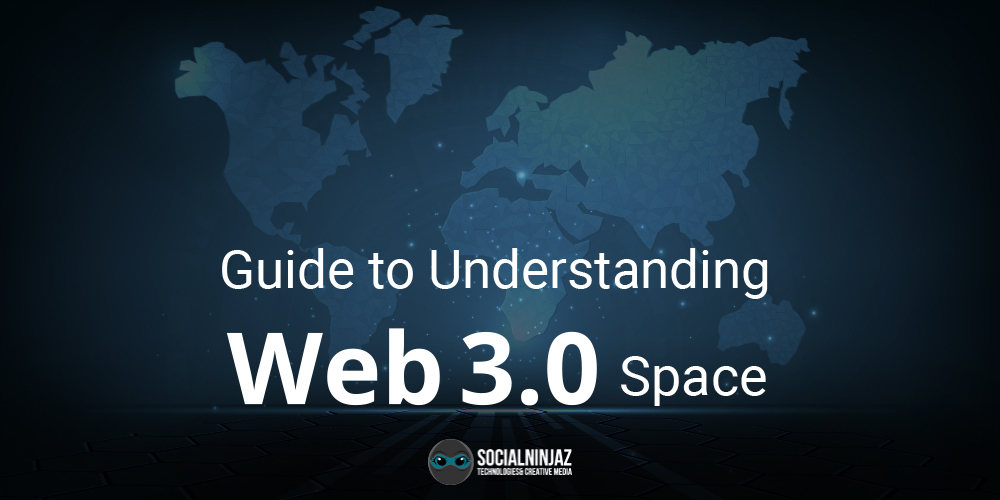Blog

Shopify VS WordPress: Which one is more suitable for your business?
Table of Contents
ToggleWhich one is more suitable for your business: Shopify VS WordPress
Whenever you are looking to create an eCommerce website, everyone will recommend two popular platforms: Shopify and WordPress. Both platforms offer a wide range of features and functionalities, but they are configured and used very differently. In this blog post, we will compare Shopify and WordPress, looking at the pros and cons of each platform, and helping you determine which is the best fit for your eCommerce business.
First, let us take a peek at Shopify. Shopify is an eCommerce platform designed specifically for online stores. All your website’s data and files are saved on Shopify’s servers because it is a cloud-based platform. It makes creating and managing an eCommerce website easier because all you have to do is sign up for an account.
WordPress is a content management system (CMS) often used to create websites and blogs. It also enables one to construct an online store. It is an open-source free platform that tailors to your specific needs. WordPress is also a popular alternative for businesses that desire more control over their online store’s design and operation.
Factors to Take into Consideration
Ease of use
Shopify is the clear winner. The platform is designed specifically for e-commerce, offering a wide range of features to help businesses sell their products online. Shopify also has a user-friendly interface and is easy to navigate, making it a terrific option for companies new to e-commerce.
WordPress, on the other hand, is a more capable platform, but it might be more difficult-to-use for companies new to e-commerce. It implies that businesses must have a thorough understanding of website design and development.
Design and Customization
WordPress comes out on top. It is an open-source platform, free to use and can be curated to fit the needs of your business. WordPress also provides a plethora of themes and plugins for tailoring the style and operation of your online store.
Shopify also offers a wide range of design options, but the customization options are more limited than WordPress. Shopify does provide a wide range of themes to customize the design of your online store, but these options are more limited than WordPress.
Cost
Shopify and WordPress both have their own set of costs. Shopify is a fully hosted e-commerce platform offering monthly subscription model to customer. It approximately costs $29 per month, but brands can pay more for additional features and tools.
WordPress is a free open-source platform, but businesses will need to pay for hosting and domain name registration. The cost of hosting and domain registration can vary depending on the provider. Generally, firms can expect to pay around $5-10 per month for basic hosting and domain registration.
SEO
Shopify and WordPress offer a wide range of SEO tools and features, including the ability to customize meta tags, create sitemaps, and add alt tags to images.
In conclusion, both Shopify and WordPress are great options for businesses that want to rank their websites on the grounds of search engine optimization.
In conclusion,
The choice between Shopify and WordPress will depend on your business’ specific needs and goals. Shopify is a terrific option for enterprises that want an easy-to-use, all-in-one e-commerce solution, while WordPress offers more flexibility and customization options for businesses that want more control over their web design and functionality. Both platforms have their strengths and weaknesses, so it is crucial to evaluate the specifications of your project accordingly. Ultimately, the most suitable platform will depend on your brand’s unique requirements and the resources you have available to manage it.
Still unsure which platform fits your business best? Whether you’re scaling an online store or launching a content-rich site, the experts at SocialNinjaz can guide you to the perfect solution. Let’s build your ideal website together.
admin
Don’t forget to share this post
Similar posts
Why Hiring a WordPress Website Designer Is a Smart Move for Your Business
How Startups Can Leverage Branding Through Social Media for Faster Recognition
How a Web Development Agency Drives SEO, UX, and Long-Term ROI
Building Website for Business vs Relying on Social Media: What Works Best
Marketing Your Business on Social Media – Strategies That Actually Work in 2025
Why You Should Hire a Website Development Agency to Scale Your Business in 2025
Why Your Brand Needs Professional Website Development Services Today
How Web Development Services Empower Brands to Lead in the Digital Age
Why Your Brand Needs a Human-Centric Social Media Marketing Agency
How Does SEO-Friendly Website Design Boost Traffic?
Digital Marketing Using Social Media: What Google’s Latest Update Means for Your Brand in 2025
Why Website Design and Development Services Drive Business Growth
Mastering Social Media Branding: What 2025’s Boldest Indian Brands Are Doing Differently
Why Website Development Services Are Essential for Small Business Growth
Why Hiring a Website Development Agency Is the Smartest Move for Your Business
Janta Sab Jaanti Hai… Par Bhushan Behtar Bechta Hai!!!
What’s the Fuss about Twitter Verification
ChatGPT: The Latest Threat to Human Employment
Difference between a Website and Web Application
Unmasking the Dark Side of SEO: Balancing the Risks and Rewards of Black Hat SEO vs White Hat SEO
Most Suitable Ads for my Business: Search Ads VS Display Ads
Top SEO Websites in the World
How to Get Instagram Verification Blue Tick???
Introduction to Proximity Marketing
YouTube Marketing: Boost Your Online Presence
Off-Page SEO: A Comprehensive Guide
Yoast SEO VS Rank Math SEO
Why Content is King in Modern On-Page SEO
Remarketing 101
Shopify VS WordPress: Which one is more suitable for your business?
Affiliate Marketing 101: Benefits and How to get started
Instagram Stories vs Snapchat Stories
A journey from 0 to 1000 Instagram followers in 10 days
10 Graphic Design Rules Everyone Must Follow
5 Artificial Intelligence Websites for Higher Productivity
Guide to Understanding Web 3.0 Space
What is Influencer Marketing?
Top 20 Performance Marketing Terms You Must Know
Things to look out for in the Digital Marketing Space in 2023
Mastering the Art of Snapchat Marketing
Unlock the power of Search Engine Optimization
Analyse your blog with these KPIs
The Most Innovative and Memorable Social Media Campaigns of the past two decades




























